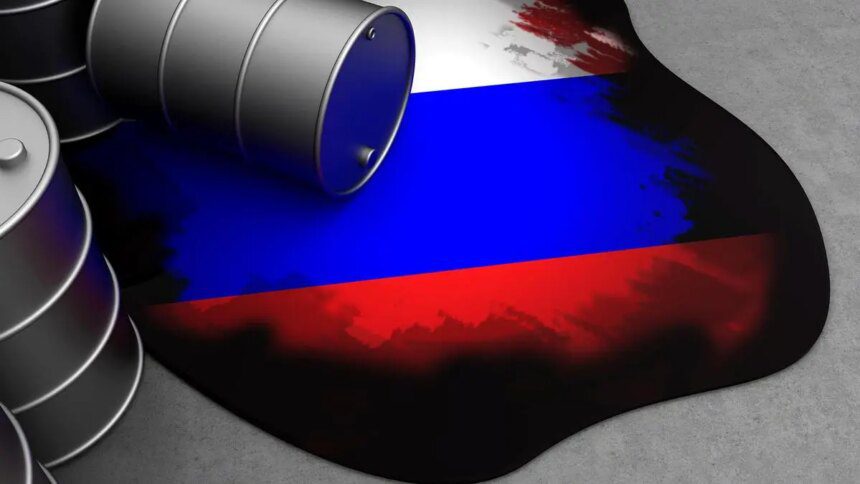The Indian Oil Corporation (IoCL) has announced it will cease crude oil procurement from Russian companies Rosneft and Lukoil, both of which have recently been sanctioned by the United States. The decision also extends to its subsidiary, Chennai Petroleum Corporation (CPCL), which has already decreased its reliance on crude shipments from Russia.
IoCL Chairman A.S. Sahney confirmed the company’s stance on Russian crude oil during a press briefing: “We will abide by the sanctions.” However, he refrained from disclosing how much Russian crude might be procured in the future.
This decision indicates that India’s largest diesel and petrol retailer, which manages over 40,000 fuel stations, will not source crude from these two Russian firms at least after November 21, 2025, the deadline for US sanctions. CPCL is expected to follow IoCL’s lead.
In recent months, the proportion of Russian crude in IoCL’s total purchases has diminished. During the April-June fiscal quarter, Russian crude constituted 24 percent of acquisitions, falling to 20 percent in the July-September period. By the first half of the fiscal year 2026, the overall share stood at approximately 21 percent.
The Managing Director of CPCL, H. Shankar, noted that market conditions have evolved, citing availability and price as primary considerations in crude purchasing decisions. He indicated that the prices for Russian crude have recently stabilized, and the discounts that previously existed have now “dwindled to a minimum.”
Shankar highlighted that the availability of Russian crude has consistently decreased on a quarter-on-quarter basis. He mentioned that in the second quarter, the limited supply of Russian crude resulted in reduced processing at refineries.
Together, IoCL and CPCL contribute to around one-third of India’s refining capacity, which exceeds 5 million barrels per day. According to data provider Kpler, India imported an average of 1.7 million barrels per day of crude oil from Russia in 2025, with approximately 1.2 million barrels per day sourced from Rosneft and Lukoil.
Most of this Russian crude was allocated to private refiners, including Reliance Industries and Nayara Energy, while Indian Oil Corporation, Bharat Petroleum, and Hindustan Petroleum received smaller shares. Analysts believe the enforcement of sanctions will be “selective,” aimed at reducing Russian crude exports without entirely halting supplies to avoid volatility that could spike crude oil prices.
The crude oil market currently faces an oversupply issue, compounded by concerns over a potential decline in global output due to the ongoing tariff disputes between the U.S. and China.
Last week, the U.S. Office of Foreign Assets Control (OFAC) imposed sanctions on Rosneft and Lukoil, marking a significant action by President Donald Trump against Russia in his second term. The sanctions also extend to foreign financial institutions interacting with these sanctioned entities.
President Trump has stated that Indian Prime Minister Narendra Modi has committed to eliminating crude oil imports from Russia by the end of 2025. Meanwhile, India’s crude imports from the U.S. have surged to their highest levels since 2022, reaching 540,000 barrels per day as of October 27, with projections of approximately 575,000 barrels per day for the month and around 400,000 for November, according to Kpler.
This marks a notable rise from the year-to-date average of around 300,000 barrels per day, driven by economic factors, a favorable arbitrage window, a wider Brent-West Texas Intermediate (WTI) spread, and a lack of demand from China, making U.S. oil more competitively priced for Indian refiners, especially against a backdrop of moderate domestic refinery turnarounds and higher U.S. maintenance schedules.
Published on October 27, 2025.










